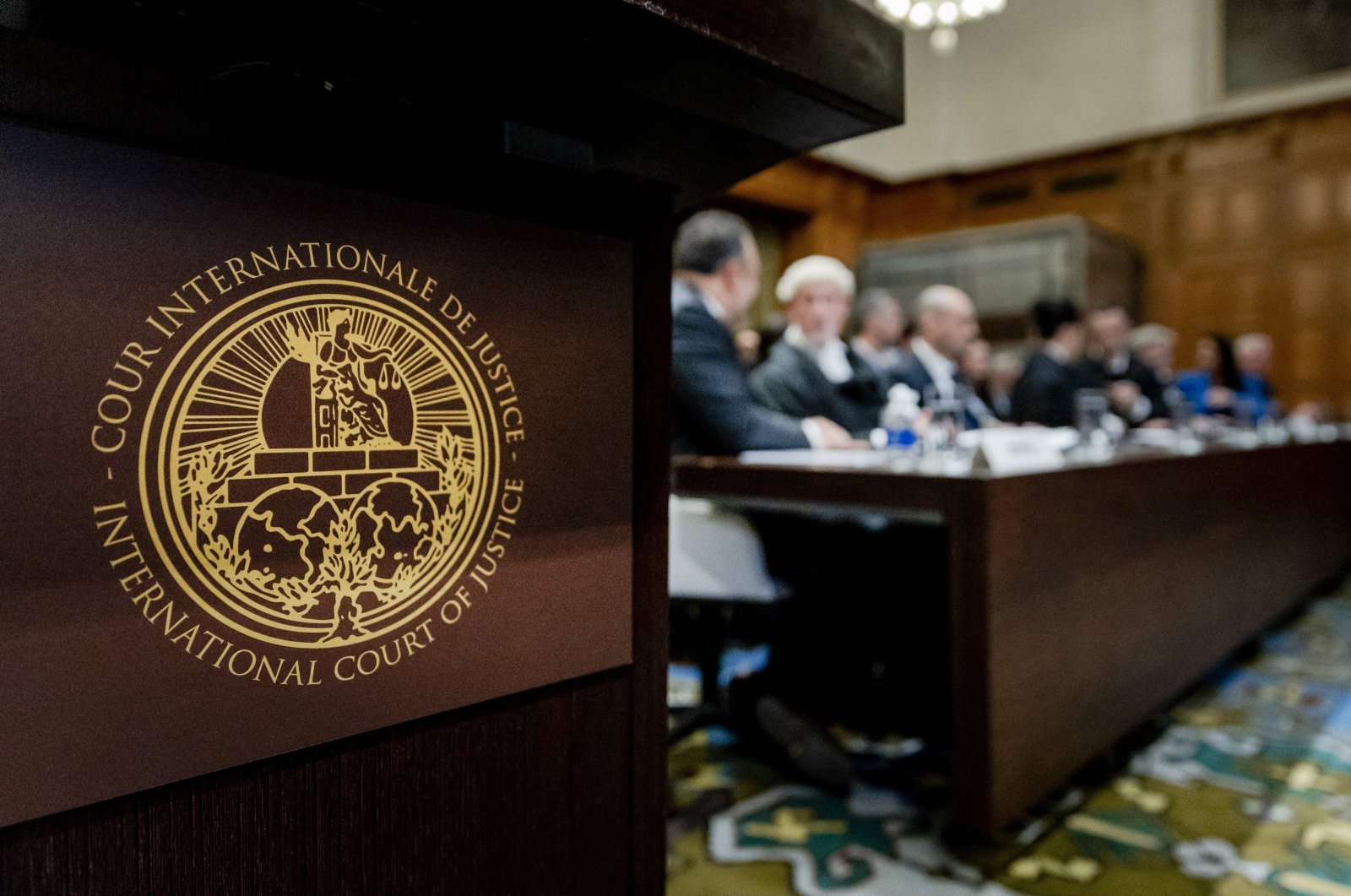
The International Court of Justice will announce its decision in response to South Africa's request for implementing interim orders, including that Israel halt its indiscriminate attacks on Gaza, which killed over 25,000 Palestinians, mostly women and children since Oct. 7.
The decision is a preliminary stage of a case filed by South Africa at the International Court of Justice alleging that Israel's attacks against Gaza amount to genocide. Israel strongly rejects the accusation and has asked the court to throw out the case, despite damning evidence provided by South Africa.
The court announced the timing of the interim ruling on Wednesday.
Israel often boycotts international tribunals and U.N. investigations, saying they are unfair and biased. But the country's leaders sent a high-level legal team to two days of hearings earlier this month - a sign of how seriously they regard the case and an indication of likely concerns that any court order to halt operations would be a major blow to the country's international standing.
If the court grants some or all of South Africa's eight requests for so-called provisional measures, it is unclear if Israel will comply.
South Africa's Foreign Minister Naledi Pandor will travel to The Hague to attend the court's ruling on Friday on whether to grant emergency measures against Israel over the war in Gaza, a South African government spokesperson said in a post on X.
The Gaza war erupted when Hamas launched an incursion that killed about 1,140 people killed in Israel, according to an AFP tally based on official figures.
Israel has responded with a relentless military campaign.
The ICJ's rulings are final and cannot be appealed. However, countries do not always follow the court's verdicts - the ICJ has ordered Russia to stop its invasion of Ukraine, for example.
But a court ruling against Israel would certainly increase political pressure on the country, with many speculating it could serve as a pretext for sanctions.
South Africa argued Israel is breaking its commitments under the U.N. Genocide Convention, a treaty signed in 1948 in the wake of the Holocaust.
Top lawyer for South Africa Adila Hassim said Israel's bombing campaign aimed at the "destruction of Palestinian life" and had pushed Palestinians "to the brink of famine."
"Genocides are never declared in advance, but this court has the benefit of the past 13 weeks of evidence that shows incontrovertibly a pattern of conduct and related intention that justifies a plausible claim of genocidal acts," she said.
As a fellow signatory to the treaty, South Africa can take Israel to the ICJ, which rules on disputes between countries and is often described as the "World Court."
The ruling African National Congress (ANC) has long been a firm supporter of the Palestinian cause, often linking it to its own historic struggle against the white-minority government, which had cooperative relations with Israel.
South Africa has acknowledged the "particular weight of responsibility" of accusing Israel of genocide. It "unequivocally" condemned the Hamas attacks that sparked off the war in Gaza.
